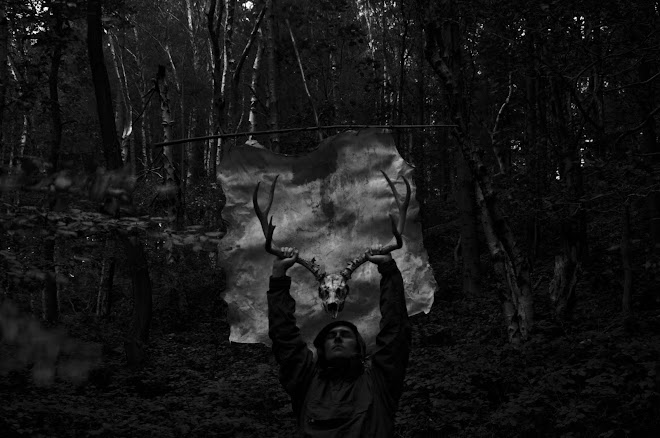



 The Fox and the Hare in Winter
The Fox and the Hare in Winter
The Hare is able to support himself even in the coldest winter. He is satisfied with the buds he finds in hedges and shrubs.
One cold winter, the hare me the fox. Surprised, the fox asked the hare, "How fine and well fed you look! What are you living on these days? I am so hungry and I cannot find anything to eat."
The hare replied, "I have been living on eggs of late."
"On eggs! How on earth do you get them?" the fox wondered.
The hare answered, "This is what I do. There are women coming along here with basketfuls of eggs that they are taking to market. When I see a woman coming, I let myself fall flat on the ground before her, as if I were wounded by a shot. Then the woman puts her basket down in order to catch me and to take me to the market. Just as she thinks she had caught me, I stagger on for about ten steps and let myself fall to the ground again. I repeat this several times, until I am far away from the basket. Then I hurry back to the basket and carry it into the wood, and there I have enough food for a whole week."
The fox replied, "I like that. Wouldn’t you help me get some eggs, too, in these hard times?"
"With great pleasure," replied the hare, "if you will be kind enough to let me have my share."
As agreed, they took their positions behind a bush on the road. The fox got a basketful of eggs in the described manner, and he hurried into the wood with it. The hare followed him in order to get his share. When he reached him, the fox had divided up the eggs into several little piles. The hare asked him with astonishment, "Why so many shares?"
Pointing to the different piles, the fox replied, "This one is for my father; this one for my mother; the other one is for my brother and my sister and the last one is mine."
"And where is my share?" asked the hare in surprise.
"There is nothing left for you," was the answer. Too weak to punish the fox, the hare left angrily. But decided to watch for a chance to pay back the fox.
After some time, the hare and the fox met again. It was very cold, and the earth was covered with snow. Again the fox wondered at the hare’s prosperous look, since he himself was suffering terribly from hunger. Thus he asked, "What are you living on now?"
"On fish," the hare replied.
"Please," said the fox, "couldn’t you let me have some as well to appease my hunger?"
The hare answered, "I shall help you once more. Not far from here by the castle, there is a fishpond. The inhabitants have made a hole in the ice in order to catch fish. In the evening I go there; I stand on the ice and put my little tail into the hole, and after some time, I draw it out and there are plenty of fish hanging on it."
"Well," replied the fox, "this sounds all right to me. With my long tail, I should be able to catch a lot."
The hare said, "You will find me at the fishpond tonight."
At night they met at the appointed place, and the hare said, "Sit down by the hole, put your tail into the water, and remain like this until I come back. I shall go over to the garden to eat some cabbage."
The hare went away, and the fox remained there patiently, happily thinking of appeasing his gnawing hunger. After a while he tried pulling and found that his tail was getting heavy. But he continued to sit there, just as the hare had told him to do.
It was a long time before the hare came back and asked, "How are things going?"
The fox replied, "You have been away for a very long time. I have tried once, but my tail is so heavy that you will have to help me get it out."
The hare said, "Pull hard!"
But the fox could not get it out. He pulled as hard as he could, but the tail was frozen fast in the ice.
Now the hare approached with a stick, hit him over the head, crying, "This one is for my father; this one is for my mother; this one is for my brother and my sister; and the last one is for me!" He knocked him on the head from the right side and from the left, until the fox fell down dead.


 There are things that matter and things that are matterless. Dunsany, that writer who's words run like distilled reality through the minds of those who look beyond the fields we know, captured this beautifully in his short story "The Day Of The Poll". I am removed from politics; science has yet to invent an instrument sensitive enough to measure how little I care about these things so today, when those who would govern us ask us to place our heads in their snares, I shall be reading Lord Dunsany and thinking about what really matters.
There are things that matter and things that are matterless. Dunsany, that writer who's words run like distilled reality through the minds of those who look beyond the fields we know, captured this beautifully in his short story "The Day Of The Poll". I am removed from politics; science has yet to invent an instrument sensitive enough to measure how little I care about these things so today, when those who would govern us ask us to place our heads in their snares, I shall be reading Lord Dunsany and thinking about what really matters.














